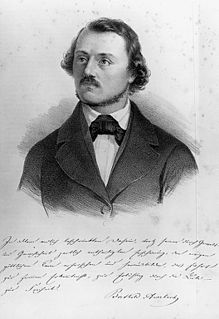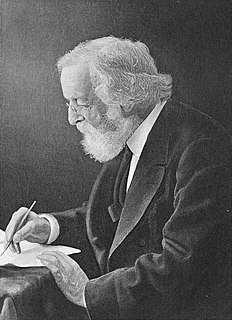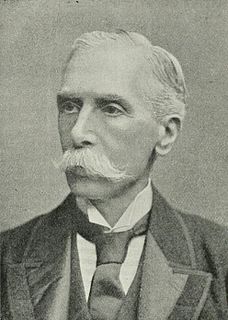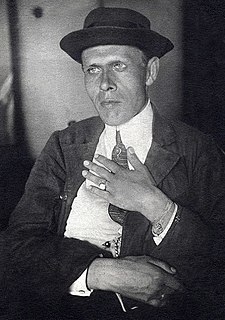A Quote by Oliver Goldsmith
In all the silent manliness of grief.
Quote Topics
Related Quotes
Civilization comes at a cost of manliness. It comes at a cost of wildness, of risk, of strife. It comes at a cost of strength, of courage, of mastery. It comes at a cost of honor. Increased civilization exacts a toll of virility, forcing manliness into further redoubts of vicariousness and abstraction.
Is there anything on earth which would have meaning and would even change the course of events not only on earth, but in other worlds?” I asked my teacher. “There is,” my teacher answered me. “Well, what is it?” I asked. “It’s...” began my teacher and suddenly fell silent. I stood and waited intently for his answer. But he was silent. And I stood and was silent. And he was silent. And I stood, silent. And he was silent. We’re both standing and silent. Ho-la-la! We’re both standing and silent. Ho-le-le! Yes, yes, we’re both standing and silent! 16-17 July 1937
All those years I fell for the great palace lie that grief should be gotten over as quickly as possible and as privately. But, what I've discovered is that the lifelong fear of grief keeps us in a barren, isolated place, and that only grieving can heal grief. The passage of time will lessen the acuteness, but time alone, without the direct experience of grief, will not heal it.







































